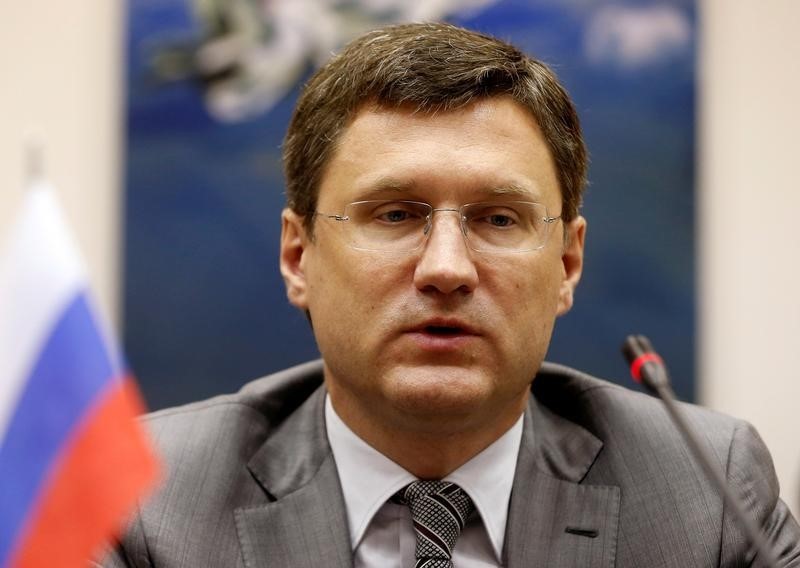By Katya Golubkova
MOSCOW (Reuters) - Russia plans to hold additional talks on Friday with some OPEC and non-OPEC nations to discuss unresolved issues related to a planned cut in oil output ahead of a wider meeting the following day in Vienna, two Russian sources told Reuters.
Russia has committed to reducing its output by 300,000 barrels per day (bpd) in the first half of 2017 in an effort to boost oil prices. Other non-OPEC countries are being urged to cut by a similar amount in total.
OPEC, which produces a third of global oil, pledged on Nov. 30 to reduce output by about 1.2 million bpd from January 2017.
Kazakhstan and Azerbaijan are the second- and third-biggest oil producers among ex-Soviet countries after Russia. Both have confirmed their participation in the talks on Saturday.
"Russia sees risks ahead of the deal if questions are not resolved," a Russian government source said.
"One hundred percent compliance is critical for the deal ... It's essential for non-OPEC to have a responsible approach towards the deal."
The source did not identify the non-OPEC countries to which he was referring. The Russian Energy Ministry declined to comment. Energy Minister Alexander Novak plans to attend the Dec. 10 talks.
The source also said there were questions regarding compliance by the Organization of the Petroleum Exporting Countries, pointing to an increase in oil production by the group in November.
A source close to the energy ministry said the Russian delegation planned to discuss the schedule for output cuts with some non-OPEC nations, while the talks with some OPEC members would focus on the prospects of further production increases by Libya and Nigeria.
OPEC output rose by 370,000 bpd last month, a Reuters survey showed, led by Angola and smaller increases by nations including Nigeria, Libya, Iran and Iraq.
A Gulf oil industry source familiar with Saudi oil policy said on Friday that Saudi Arabia had informed customers about lower oil supplies from January in line with the reduction in output agreed by OPEC last week.
Kazakhstan, which relaunched its giant Kashagan oilfield in November, may offer to freeze oil output at last month's level, Energy Minister Kanat Bozumbayev said on Friday.
Russia's output reached a post-Soviet high of 11.21 million bpd, the world's highest, in November. Russian energy officials have said Russia would cut from November-December levels.
Iranian news agency SHANA quoted Iranian President Hassan Rouhani as telling his Venezuelan counterpart Nicolas Maduro it was important for OPEC to execute the output deal in the first half of 2017 and that cooperation from non-OPEC members was essential.
